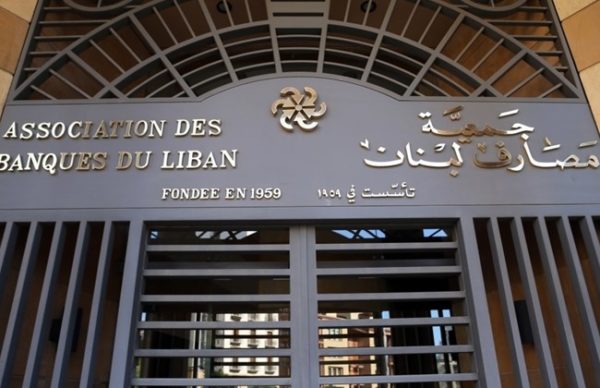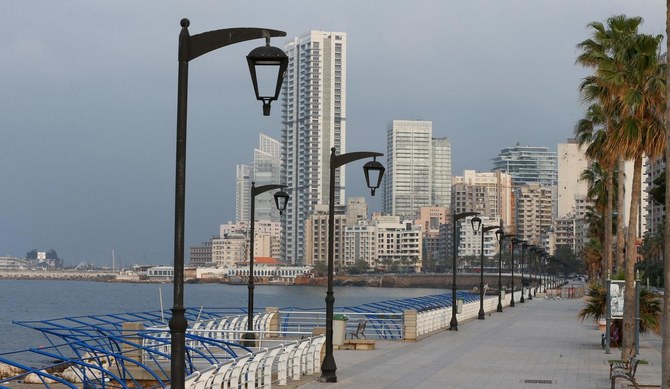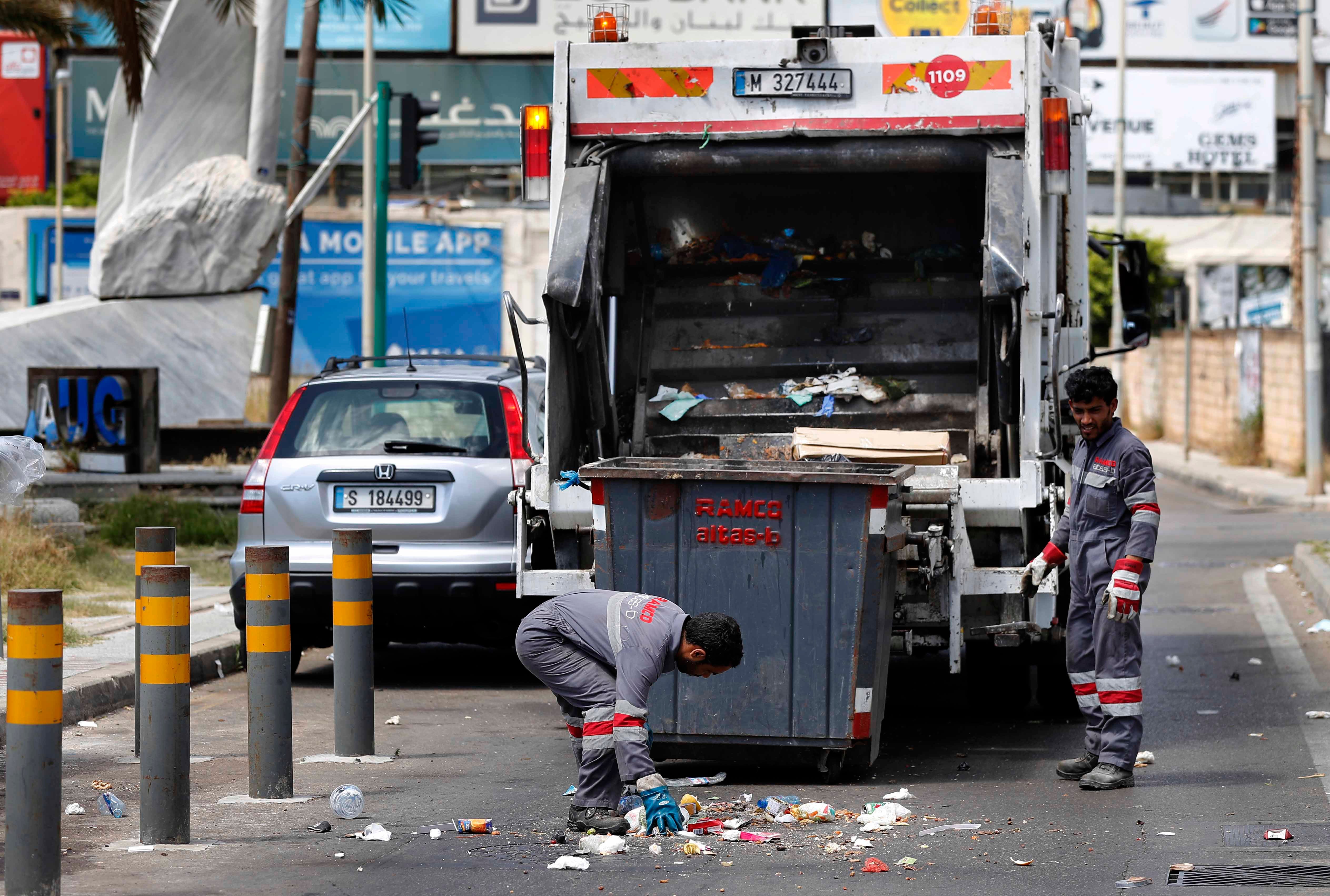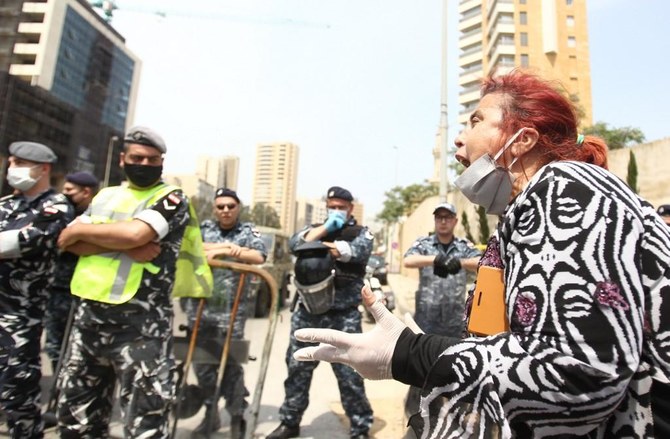
by naharnet — Cabinet on Wednesday approved important administrative and financial appointments amid the boycott of Marada Movement’s two ministers Lamia Yammine and Michel Najjar. Wassim Mansouri, Salim Chahine, Bashir Yaqzan and Alexander Moradian were named as deputies for the central bank governor, as Maya Dabbagh was named head of the central bank’s Banking Control Commission and Kamel Wazni, Joseph Haddad, Marwan Mikhail and Adel Dreiq were appointed as its members. Christelle Wakim was meanwhile named state commissioner to the central bank as Shadi Hanna was named as a member of the central bank’s Special Investigation Commission and Wajeb Ali Qansou, Fouad Choucair and Walid Qaderi were appointed as members of the Capital Markets Authority.
As for the administrative appointments, Cabinet named Marwan Abboud as Beirut Governor, Pauline Dib as Jbeil-Keserwan Governor, Mohammed Abu Haidar as director general of the Economy Ministry, Ghassan Noureddine as Director General of Investment at the Energy Ministry, Nisrine Mashmoushi as head of the Civil Service Council, Jeryes Berbari as Director General of the Directorate General of Cereals and Sugar Beet at the Economy Ministry. The long-awaited appointments had been the subject of controversy and disagreements for several months, especially those related to the governors and the deputies of the central bank governor. “The approach of the distribution of shares, which was the norm over the past years, is no longer valid today and we believe in the inevitability of abandoning it,” Marada sources told MTV earlier on Wednesday. “There is a need to move to a transparent mechanism for appointments that would be exclusively based on competence and skill,” the sources added. “We received more than one offer over the past two days, but we rejected them in line with our previous stances,” the sources went on to say, warning that “these appointments will destroy what’s left of the spirit of this state.” “We won’t be partners in this or witnesses,” the sources added.

![Lebanese security forces intervene in protesters flouted iron and concrete barriers placed around the parliament building as thousands of people gather at Martyrs' Square during a demonstration to protest against economic crisis and high cost of living, on 6 June 2020 in Beirut, Lebanon. [Hussam Chbaro - Anadolu Agency]](https://i2.wp.com/www.middleeastmonitor.com/wp-content/uploads/2020/06/20200606_2_42835424_55703077.jpg?resize=1200%2C800&quality=85&strip=all&ssl=1)


![Lebanese protesters push lines of riot police during the demonstration [Aziz Taher/Reuters]](https://www.aljazeera.com/mritems/imagecache/mbdxxlarge/mritems/Images/2020/6/6/f26bd7f100c047a9a3bfbbdfac1d7848_18.jpg)







